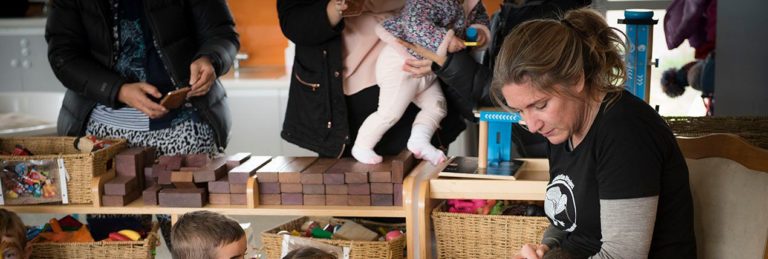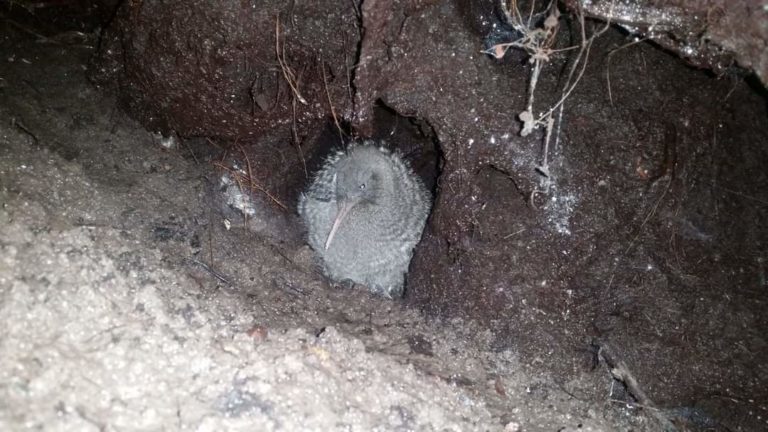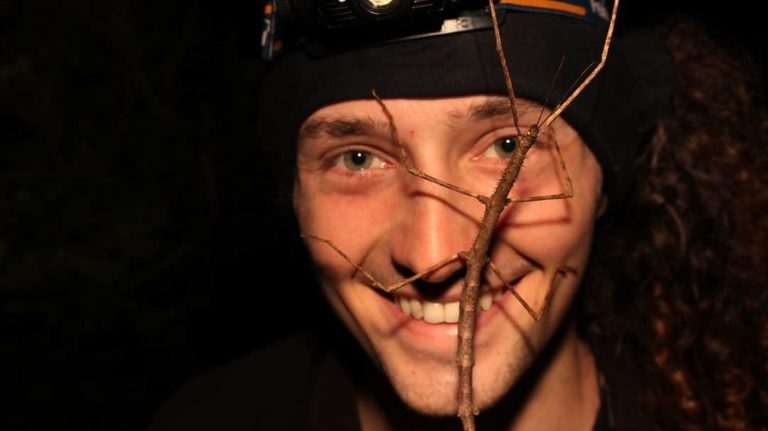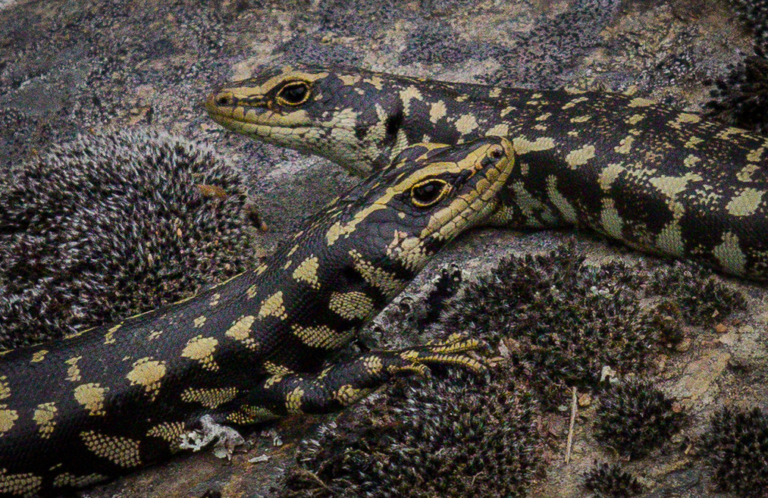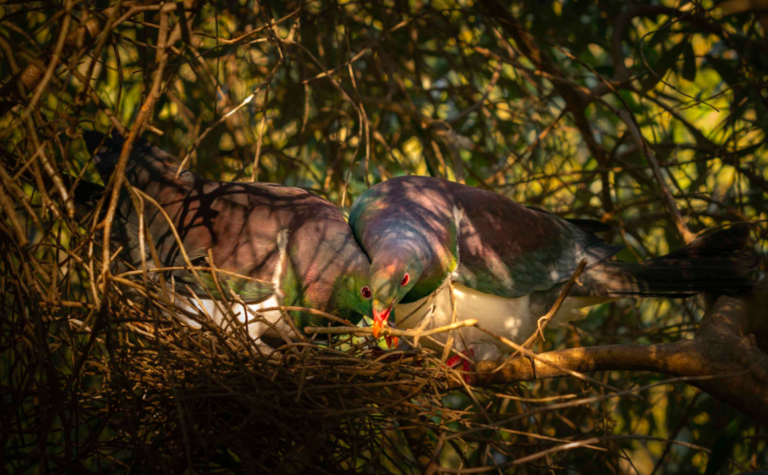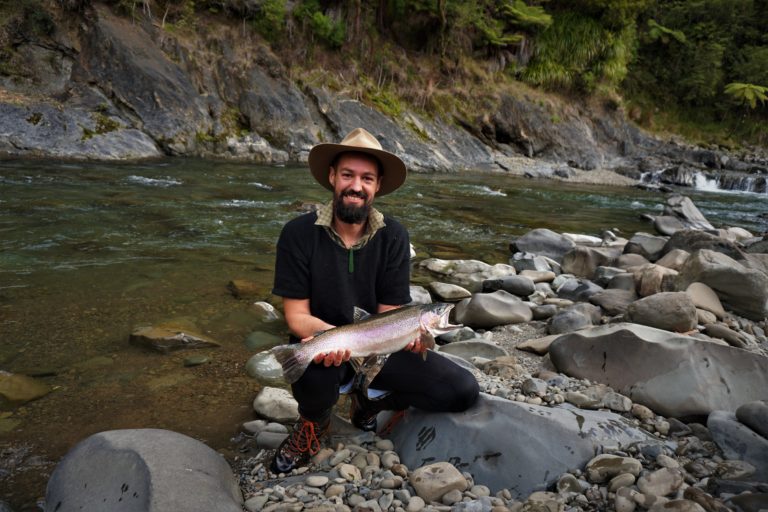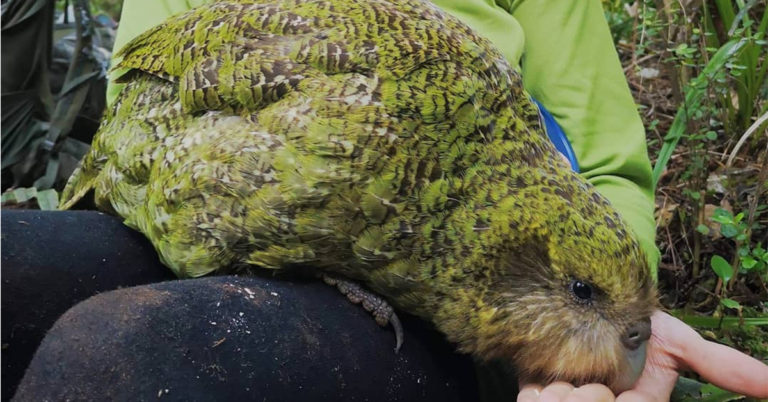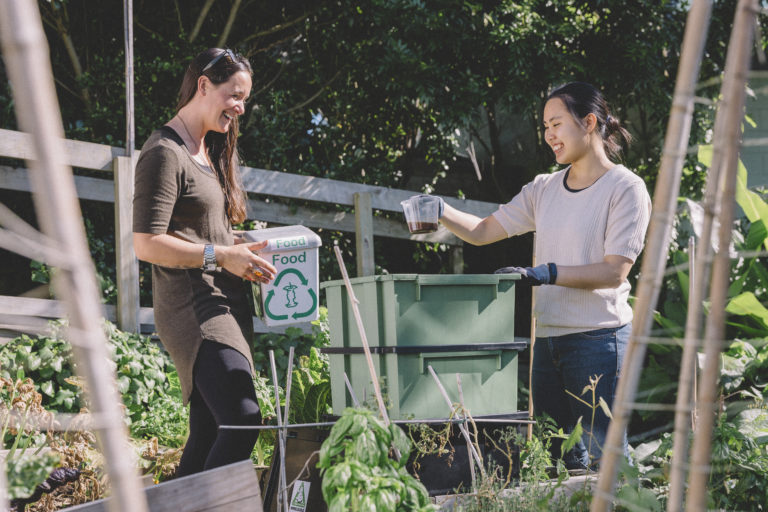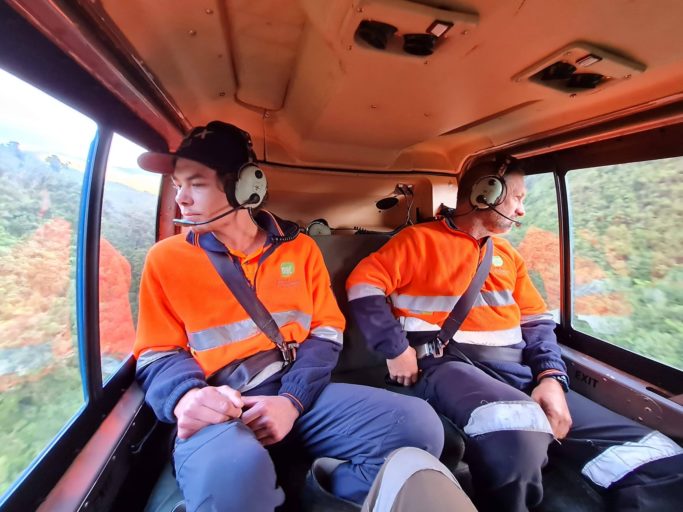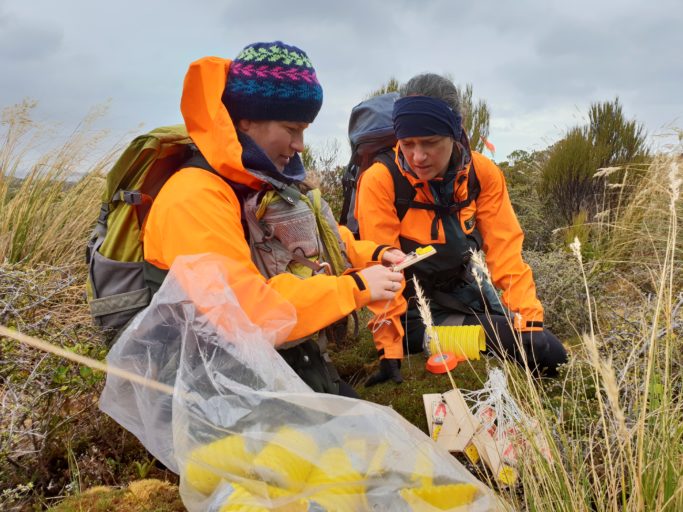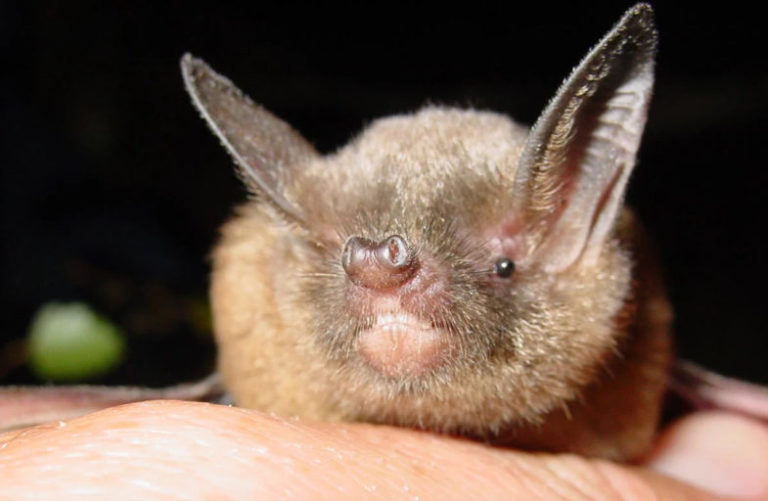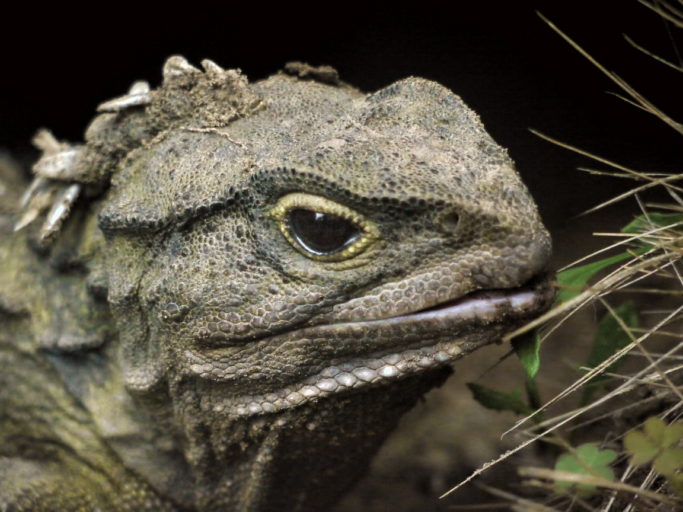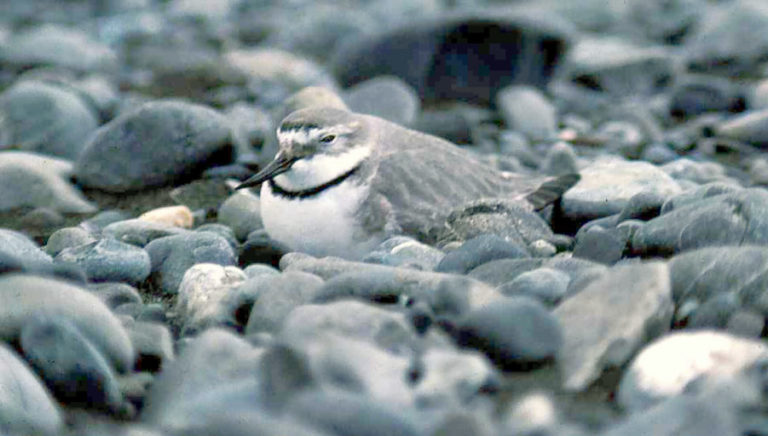Backyard Legends: Bridget Palmer
‘Whakatāne’s kiwi lady’ Bridget Palmer is dedicated to protecting the environment and saving the North Island brown kiwi. For over 18 years, Bridget was a…
Backyard Legends: Dan Henry
In 2017, Dan Henry, together with some friends, set up Predator Free Miramar and encouraged the community to start backyard trapping in an effort to…
What is it like running a kiwi crèche? A Q&A with PWT
The Paparoa Wildlife Trust is a small community organisation made up of dedicated locals who are passionate about looking after the roroa (great spotted kiwi)…
Photographing our lesser-known natives: A Q&A with Sam the animal man
Wildlife photographer Sam Purdie is capturing our lesser-known natives on camera. He hopes that by photographing them, it will raise the awareness of these special…
Predator Free Backyard Funding 2021 Announced
We are pleased to announce eleven community groups who will receive Predator Free Backyard Communities funding. We received over a hundred applications and the majority…
5 NZ skinks found nowhere else in the world
New Zealand’s most commonly encountered reptile is the skink. You may have even spotted one in your garden. It is estimated we have around 60…
5 ways to make your garden a safe haven for native species
Love the idea of attracting native wildlife into your backyard? Here are 5 ways to make your garden a safe haven. 1. Trap rats Attracting…
Protecting a very special duck: Q&A with Eastern Whio Link
The Eastern Whio Link is a conservation project with a difference. Based in the Upper Waioeka between Gisborne and Ōpōtiki, this project is dedicated to…
Ranger, illustrator and bird nerd: Sarah Little
Sarah Little spends her time caring for kākāpo on Whenua Hou, tramping around Aotearoa and telling conservation stories through her popular cartoons. Today, we’re chatting…
How to keep your compost rodent free: A Q&A with an Expert from Compost Collective
Composting has many benefits: it enriches soil, reduces waste and is great for the environment. The Compost Collective is a collaborative project aimed at helping…
Predator professionals: the next generation
On a fine day, views along The Old Ghost Road stretch across the winding Mokihinui River and over alpine vistas, valleys of tussock and dense…
Maukahuka Pest Free Auckland Island: Will it work?
This week marks the publication of the Maukahuka Pest Free Auckland Island project report on the technical feasibility of eradicating pigs, cats and mice from…
Bats influenced by rainfall when visiting unique ‘wood rose’
Short-tailed bats are the main pollinators of New Zealand’s only fully parasitic flowering plant – the wood rose (Dactylanthus taylorii), known to Māori as te…
Getting to know our largest reptile
Everyone knows about tuatara – right? Most New Zealanders know that our tuatara was around in dinosaur times and out-survived all the dinosaur ‘big names’…
Breeding wrybills face multiple challenges
Wrybills, the little shore birds with a bend in their beak, are only found in New Zealand. They breed on the South Island’s braided rivers…

